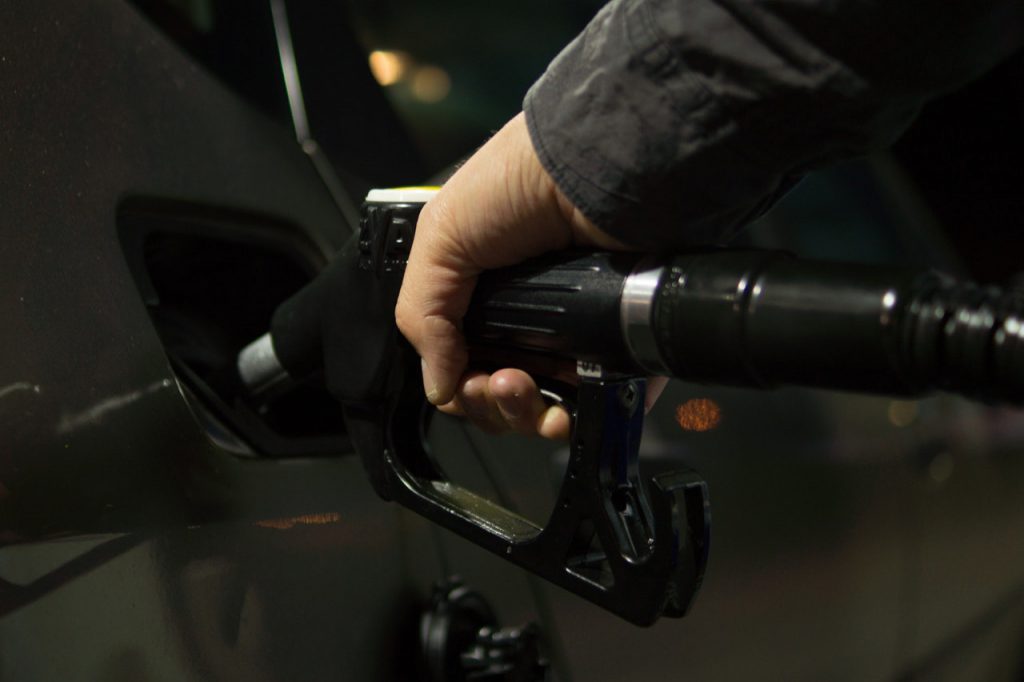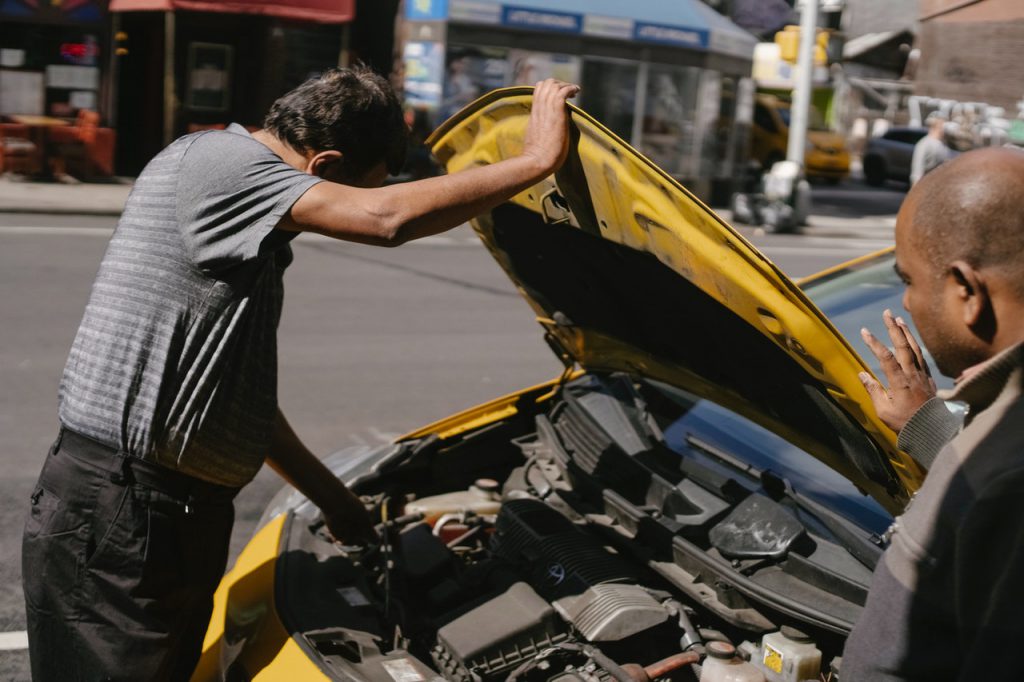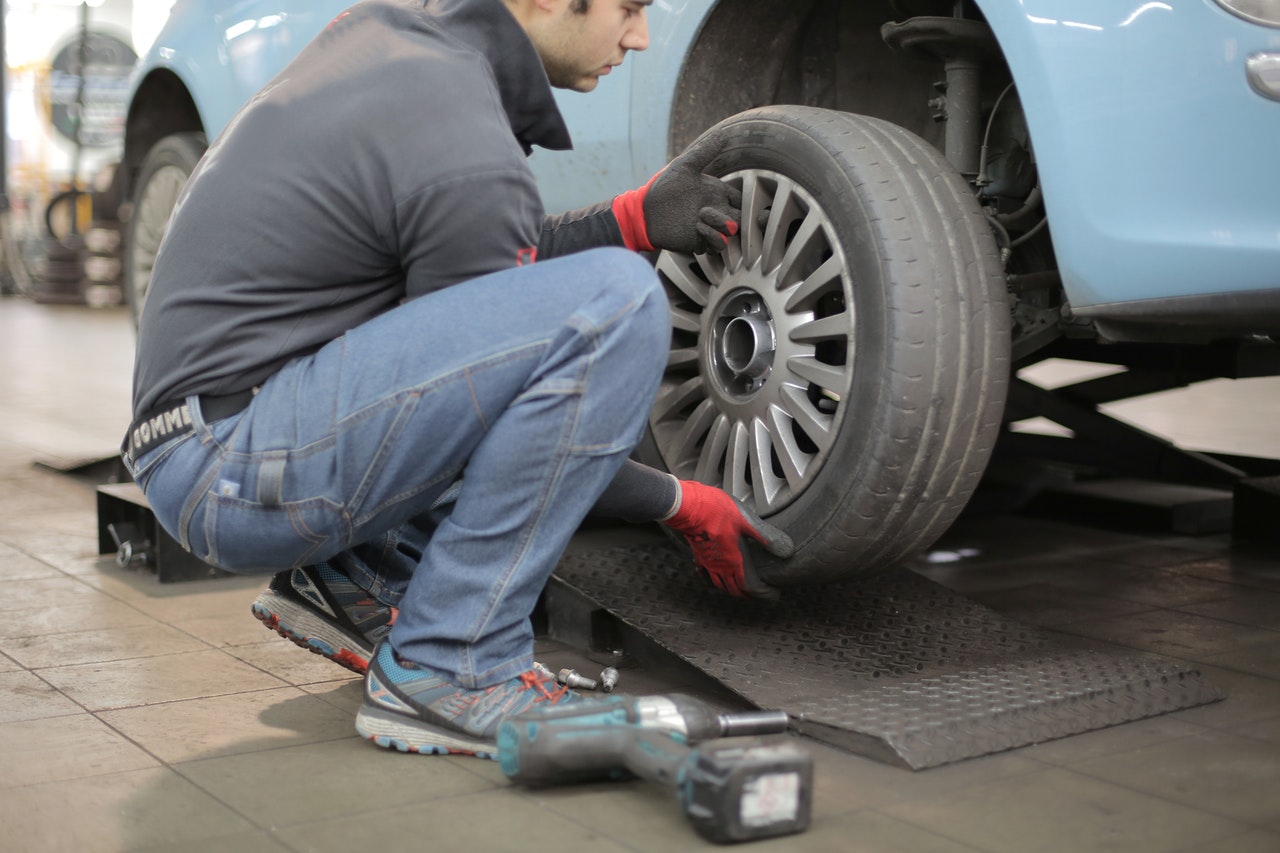Driving is a part of life. When we were young, we looked at other cars on the road and wished we might have one. And then one day, we will finally be able to drive on our own. As people who’ve ever had cars, we can tell you that cars are expensive for most of us. In the year of 2016, there are more than 17,000,000 new car consumers, and these numbers keep increasing every year. However, not everyone has a brand new automobile. Since the payment for the car itself is high, car owners tend to have their cars for a long time to save money instead of changing to a new one every year. Nevertheless, many of you waste money on cars without knowing. So in order to avoid that, we have researched and found 9 problems that make drivers unconsciously overpay money.
9 ways Car Owners are Unconsciously Wasting Money on Car
Before purchasing premium gas for your dear car, there are two questions for car owners to answer. The first question is: What kind of octane or grade of gas is suitable for your car? And the following question is: Does your vehicle really need that kind of gas?
For car owners to actually save money on the vehicle is to check what exact grade of gas your automobile requires. This information can be found in the manual or internet if you don’t have it. And if your car does not need premium gas, it is time to stop using it.

There is a high chance that you might have overpaid from the beginning. Even though there are many people who want fancy premium gas, the fact is that most vehicles are manufactured to use regular unleaded gas. So with calculation, car owners are spending around 50 cents more per gallon on average. In America, there are more than $2 billion in total every year wasted on paying for buying premium gas that their cars don’t even need.
Our advice for this wasting money problem is to use the right type of gas for your car type and you can save over $100 annually.
Synthetic Oil Usage
The same with premium gas, synthetic oil is the fancy type of oil that most cars are not needed. Even though they boost the performance of some modern cars, some vehicles should not use it at all due to the unnecessary. This is crucial especially with older automobiles.
Again, car owners must understand what grade of oil your car uses and suits.
Getting a Lube Job
One of the most common ways of wasting money on cars is spending too much cash on lubrication. With sealed modern car parts, most automobiles do not require lubrication. In order to understand what your car needs, it is essential to know the year, the model, the make of your own vehicle. THe truck, however, is different compared with normal cars since they have greasing points and tie rods. These car components need lubrication.
The Cost of Repairs
The following way to save money spending on your car is acknowledging the cost of repairs at the dealership. Usually, the process of fixing your vehicle will be like this: Your vehicle needs a repair in order to drive again, so you come to the mechanic shop, sign all the paper the mechanic hands you. But wait, are all the pieces of papers necessary to fix your car?
We understand that you want to repair your vehicle back to function as fast as possible, but at what cost? When car owners are considered between independent mechanics and dealerships, remember that labor cost alone can make a huge difference in price. If they spend 5 hours to completely fix your cars, you are most likely going to spend around $250.
So our recommendations when it comes to repair is to ask about using OEM parts. This way can help car owners save money, around 15 percent or even more just by looking at the swanky dealership for the fixing cost. Another recommendation from us is to ask questions about the cost before signing any paper.
Neglect the Research Task
Before you decide to purchase some stuff, it is normal to check the reviews of the shop first, right? The same with repairing cars. If you make the choice to utilize a mechanic shop, car owners should do some research first. Even though this is by far the easiest technique to avoid bad service, most drivers forget to actually research.

With today’s technology, you can search all the post reviews on social media, websites. These posts can give you a better look at the bad and good of the service. And if you want them to prove how well the service they provide, the AES (National Institute for Automotive Service Excellence) is the certification we need to ask for.
Driving on Flat Tires
One of the most common ways of wasting money on cars is driving on flat tires. Ask yourself: are you having an inflated tire right at the moment? Do you acknowledge the correct pounds per square inch your tires require to be properly inflated? As a matter of fact, new car owners do not know these. As a result, they could be wasting more than $400 yearly if they have flat tires and drive 12,000 miles. Based on Mythbusters and many researches, we know that underinflated tires are burning around 1 percent more fuel than normal tires. No one wants to waste 2 billion gallons of fuel every year. For that reason, car owners should check their tires at a regular routine in order to prevent the deflated situation. The details of each rear and front tires, which are usually different, can be found in the car manual.
Don’t Forget to Check Engine Light Warnings
Another common reason why drivers waste so much money on the automobile is ignoring warning lights. This issue does not come to the driver’s mind, but it is so essential that we cannot stress this point enough. With nowadays technology, car manufacturers install the check engine light to almost every single car after the year of 1996, and this light can tell car’s problems.
SEE MORE
- Understanding Oil Weight: What Do Oil Numbers Mean?
- How Many Miles To Drive After Resetting Check Engine Light For Inspection
Even though the “check engine” light does not mean your car is falling apart. However, this surely is something wrong with your vehicle. For example, it could be the faulty sensor that drops nearly 40% of your fuel efficiency, or may be the spark plugs which cost less than $10. Nevertheless, if car owners ignore these issues, they could damage the catalytic converter of the automobiles. And drivers must pay nearly $1000 repair cost instead of $10. For that reason, drivers must avoid paying highly costly mistakes by checking the engine light. Maybe 1 to 2 day later is still fine.
Forget Getting Car Serviced on a Regular Basis
Taking care of your car on a regular basis is crucial in order to maintain the automobile’s health. In order to do that, car owners not only must have a trustful dealership but also keep tracks of the weekly or daily routine. Small maintenance services like timing belts, tire rotations, oil changes, brake pads,… are crucial and needed to be performed regularly. On the other hand, forgetting to follow-up on regular maintenance puts you in the position of losing more repair cost than the preventative cost.
To be more specific, the minor services we just mentioned can cost much higher if forgotten. For example, the tires. Tire is actually the top often-neglected car component when it comes to regular maintenance. No one enjoys spending money on rotating tires. However, this action helps distribute the wear evenly, so drivers don’t have to change new tires before their time.
Another example is when we need to change oil. Usually, car owners spend $30 for oil chances, which is around $120 every year. In the case that drivers forgot regular maintenance and the old oil cannot keep the engine lubricated and clean, they might have to pay $4000 in expenses. These are the costs in order to fix or change the entire engine.
Car Insurance Overpay
Last but certainly not least, we cannot forget about car insurance overpay. Additional research shows that Americans have overpaid more than $100 billion for car insurance. That is huge! It is crucial to understand the kind of coverage that car owners are paying for. Even though we all want to make sure we are covered in unexpected events like an accident, we still need to pay attention to the details of the auto insurance premium. You don’t want to be over insured.
In conclusion, automobile owners must analyse the comprehensive coverage depending on its estimated value, car’s age, and even financial analysts.



